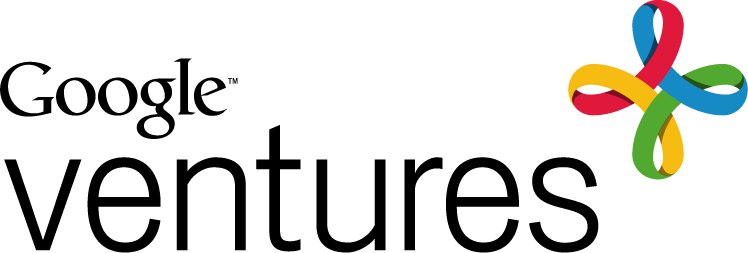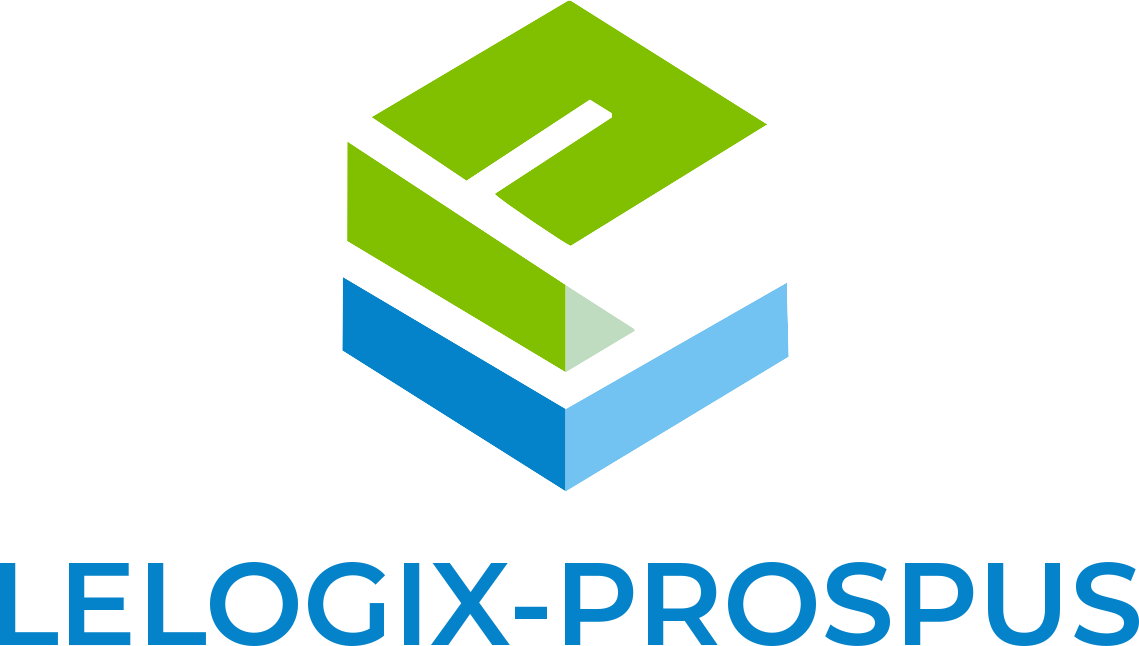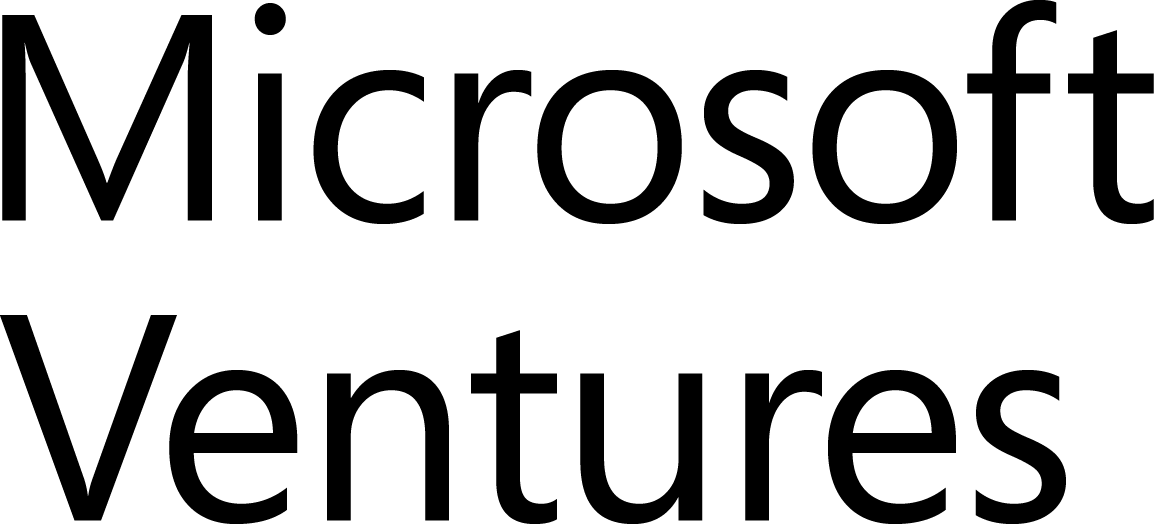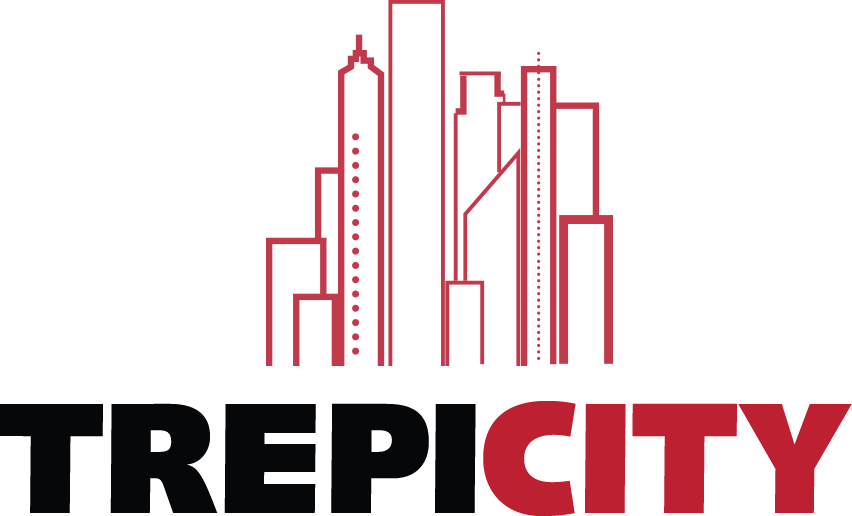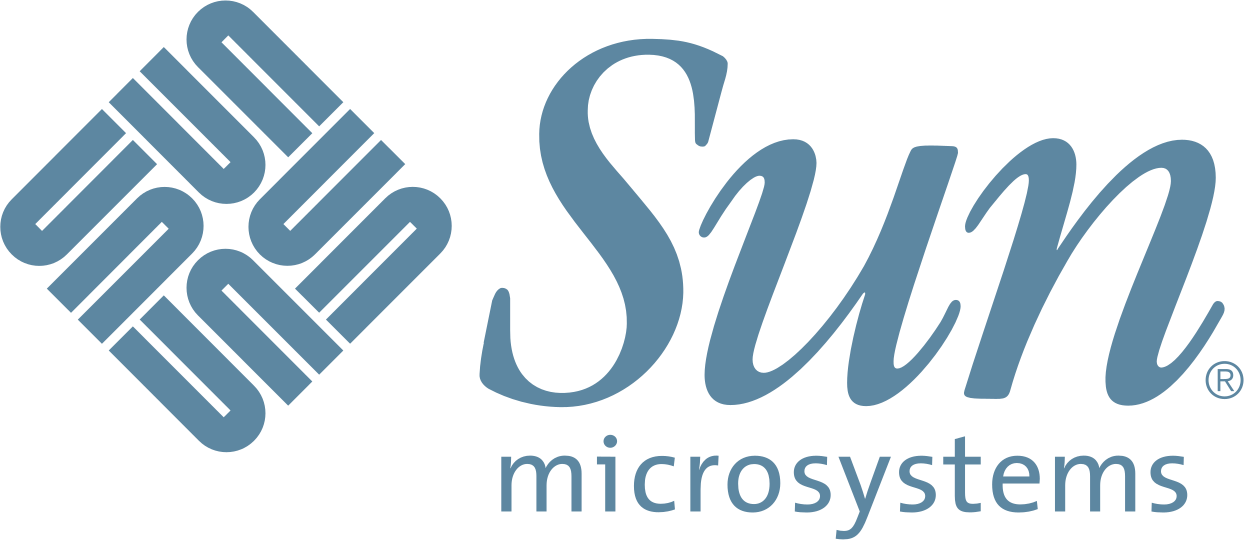Premise
Through this paper: Sharing Must be Integrated into the DNA of IoT, we look to highlight why it would become necessary to have a more unified sharing function available to everyone to make the idea of a truly connected world a practical reality. Sharing should be a commodity available to all.
Alfred North Whitehead famously said that “Civilization advances by extending the number of operations which we can perform without thinking about them.” By this, A N Whitehead expressed that for individuals to develop greater percipience and so for the society to collectively develop and grow, people have to be capable of performing a variety of operations seamlessly.
Now the idea seems very straightforward but has a very deep and intrinsic implication. Think about how many operations we are currently able to perform without putting a fair amount of time and effort into carrying them out. Imagine how that is going to collectively affect our advancement. The objective of this article is not to analyse a philosophical theory from all its different aspects in relation to human behaviour, but to present a modern-day social anecdote of people’s digital lives and how Whitehead’s statement holds true.
I earlier wrote on the idea of digital technology fatigue in one of my earlier articles in which I discussed how this growing tech-fatigue creates a strong resistance in people to use digital devices. Repetition and redundancy of operations increasingly results in preventing users from performing more click and tap operations every hour for accomplishing routine tasks.
Let us consider the life of the average user in today’s digital world, and the impact that tech fatigue leaves on the average user and how, ultimately, the collective impact affects the society as a whole.
The Fundamental challenge
The challenge that the modern-day consumer of digital technology faces is that there is a plethora of mundane operations he has to perform in order to complete his day to day tasks – often interacting via multiple user interfaces and digital devices. So each operation, each click or tap, each new log-in, each different portal and UI etc. requires a different action. This need to perform a different action or a set of actions to do tasks often causes in us an intention obstruction – another related subject I discussed in an earlier article that occurs as a result of the number of discrete operations that stand between me and the information I want to get to. More often than not, intention obstruction causes us to lose interest in our very intention to perform the action we were about to take.
Based on Whitehead’s statement, there exists a direct and positive relation between our ability to perform an increasing number of tasks effortlessly, and the rate of our society’s collective growth. Which means that tech fatigue will have an inimical impact on the growth of our current and future generations as it has the effect of preventing people from performing a growing number of operations without applying conscious effort.
Redundancy causes fatigue: The current digital landscape as it is, is already causing users to feel overwhelmed by the amount of information, and the number of signals and messages they receive on an hourly basis. In order to take action against all these incoming messages and signals, or to perform operations required to complete those tasks that a user wants to initiate requires the user to perform a variety of repetitive operations. These may include log-ins, understanding functionality of various different user interfaces, hardware form factors, commands and so on. Majority of these operations, being redundant, amount to furtherance of fatigue.
The 80/20 efficiency rule: Research has shown that only 20% of what we do each day produces 80% of the results. Therefore, eliminating the tasks that don’t matter can increase the overall productivity. So, if I could have a way of removing all those operations that won’t be productive, until I end up with the minimal operations required for me to be able to address those tasks which I want to get completed, my overall productivity will go up. It is more than likely that I will eliminate 80% of the tasks, but I will achieve much greater productivity.
The number of devices we interact with is bound to rise over the course of the coming decade[1]. That would mean more interfaces, more commands, more log-ins etc for users in order to consume a growing number of signals and messages or to initiate tasks e.g., paying utility bills, making online purchases, selecting shows on the TV and so on. Websites and software are getting good at providing functionality for sharing via embedding links – that is a good starting step – but almost every time users have to learn a new interface for doing the same action which not only leads to technology fatigue and intention obstruction but also limits what we can accomplish.
If we are burning our learning fuel on learning how to perform operations, we are surely misappropriating it. If people are not able to perform a variety of different tasks without putting in significant and conscious effort, it would mean that the growth of civilization, in light of Whitehead’s proclamation, is being affected. Moreover, if people feel a resistance to performing operations on their electronic devices or other digitally enabled things it may actually result in retardation of our society’s collective development.
Citations
- Wikipedia: “Internet of Things”http://en.wikipedia.org/wiki/Internet_of_Things#Applications Accessed: Wednesday Feb 18th, 2015





